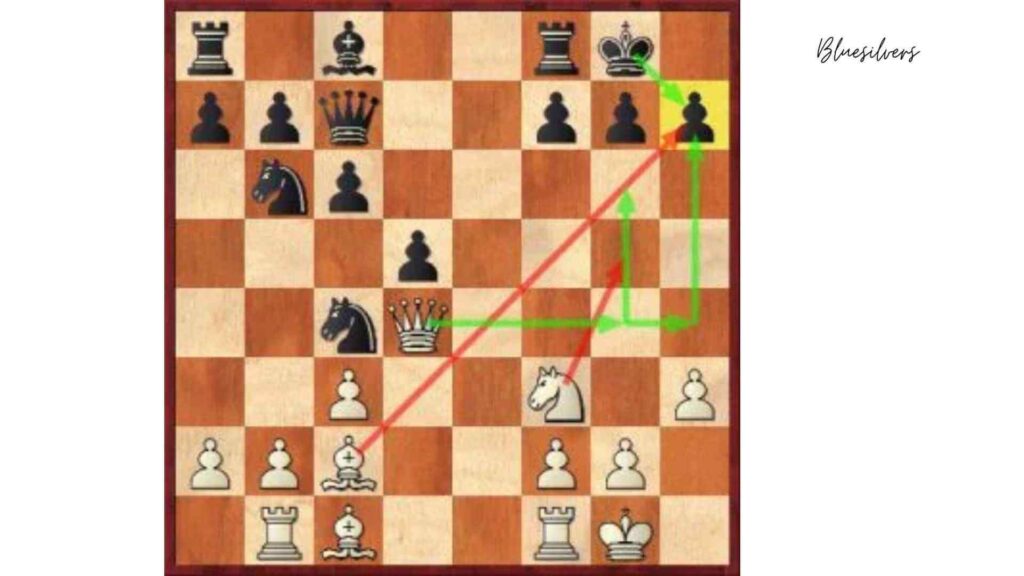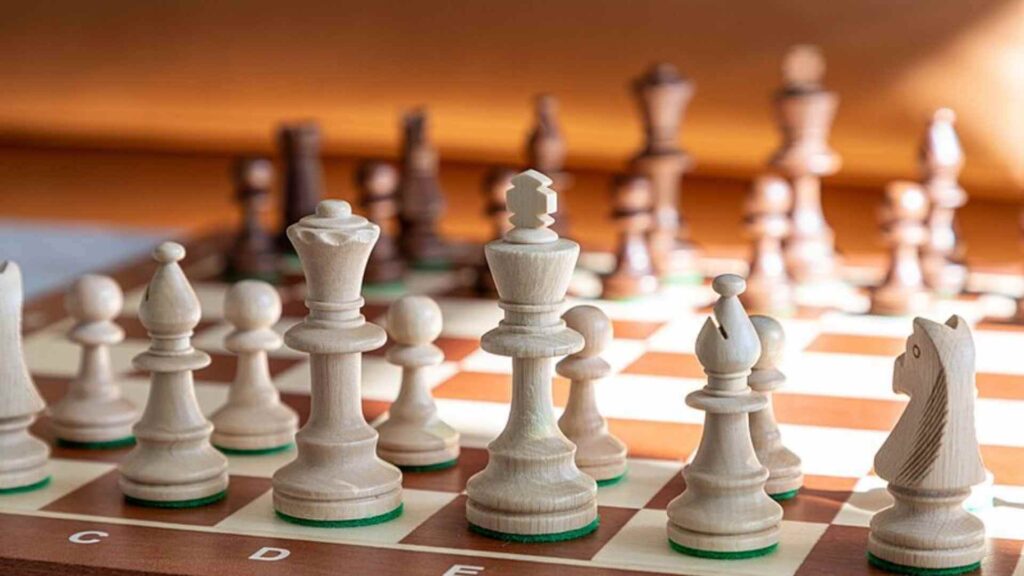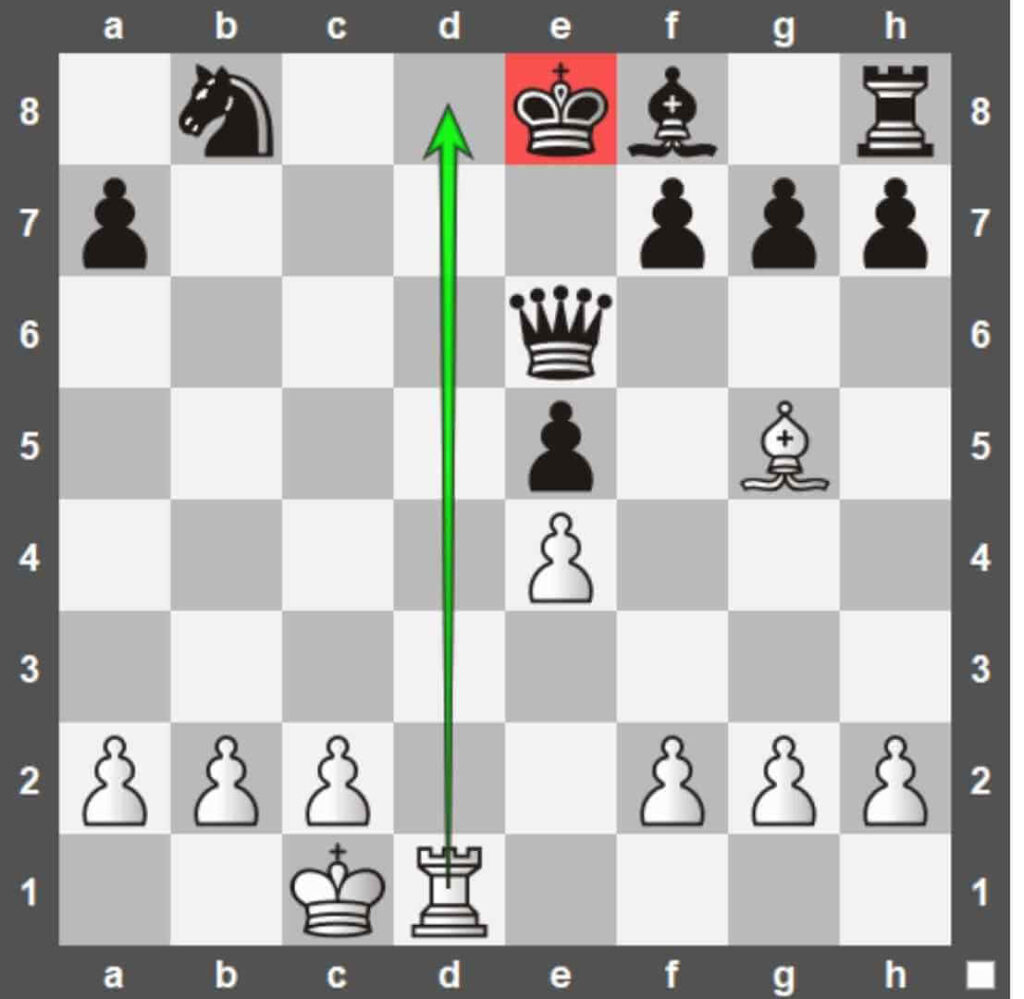Why Elementary School Students Should Be Exposed to Chess
Chess is a game that has long been recognized for its mental benefits. It involves strategic thinking, decision-making, and problem-solving skills, making it an ideal activity for young learners. Exposing elementary school students to chess can be highly advantageous, not only for their cognitive development but also for fostering life skills that will serve them throughout their education and beyond. Here are several compelling reasons why elementary school students should be exposed to the game of chess.
1. Enhances Cognitive Skills
Chess is a mentally stimulating game that helps young students develop and enhance various cognitive abilities. The game encourages students to think critically and plan ahead. As they engage with the game, students are required to analyze situations, predict the consequences of their moves, and strategize accordingly. This boosts their problem-solving abilities, as they need to evaluate different options and select the best course of action. Additionally, playing chess regularly strengthens memory and concentration, which are crucial for academic success.
2. Improves Academic Performance
Research has shown that students who play chess tend to perform better academically. Chess exercises the brain in ways that help with skills directly related to other subjects, such as mathematics and reading. In mathematics, for instance, chess improves students’ ability to think in abstract terms, recognizing patterns, and following sequential processes—all of which are essential for understanding mathematical concepts. In reading, chess can enhance a student’s ability to recognize relationships between elements and improve comprehension skills, as both subjects require the ability to follow sequences and structure logic.
3. Boosts Problem-Solving Skills
Chess is a game full of challenges, and each game presents new obstacles to overcome. Students must constantly adjust their strategies in response to the evolving nature of the game. By playing chess, students learn how to approach problems from multiple angles, consider all available options, and weigh the potential outcomes of each decision. This promotes an essential skill in problem-solving, as it encourages students to think flexibly and logically when faced with difficulties.
4. Teaches Patience and Discipline
In chess, every move counts, and players must think carefully before acting. This requirement helps students practice patience and develop self-discipline. Since chess is a turn-based game, students must wait for their opponent’s move and avoid rushing their own decisions. This teaches them the value of being deliberate and thoughtful, rather than acting impulsively. The need for careful planning and attention to detail also instills a sense of discipline that can transfer to other areas of life, including academic pursuits and personal behavior.
5. Fosters Emotional Resilience
Chess can be challenging and competitive, and not every game will result in a win. Through playing chess, students learn how to handle losses and setbacks. They learn that failure is part of the process and an opportunity to learn and grow. This fosters emotional resilience, helping students to cope with frustration and disappointment while motivating them to improve their skills. The ability to bounce back from defeat and keep trying is an important life skill that will serve students well in all aspects of their lives.
6. Promotes Social Skills
While chess is often thought of as an individual activity, it also promotes social interaction. Whether students are playing with classmates or participating in chess clubs or tournaments, they engage in social exchanges that promote cooperation and communication. Chess helps build friendships and teamwork, as players must communicate politely, share ideas, and collaborate in a respectful environment. It also teaches the importance of sportsmanship, as players learn to win gracefully and lose with dignity.
7. Increases Focus and Concentration
One of the most important skills developed through chess is the ability to concentrate for extended periods of time. Chess requires players to pay close attention to the game, considering each move and the implications it has on the overall strategy. This heightened focus translates into better concentration in school and other activities, as students become accustomed to maintaining attention and staying engaged in tasks. Improved concentration also helps reduce distractions, allowing students to work more effectively in their academic studies.
8. Develops Creativity and Imagination
Chess is not just a game of logic and calculation—it also involves creativity. Players are often faced with unique and challenging positions that require innovative solutions. By playing chess, students learn to think outside the box and come up with creative strategies. The game fosters imaginative thinking as students explore new tactics and try unconventional moves. This creative mindset extends to other areas of learning, encouraging students to approach problems with a fresh perspective and discover new ways to solve them.
9. Instills Strategic Thinking
Chess teaches students how to think strategically. Each move must be part of a larger plan, and players must anticipate how their opponent will respond to their moves. This process helps students understand the concept of strategy—developing a plan, considering various factors, and adapting as needed. This skill is valuable not only in chess but also in everyday decision-making. Students learn to evaluate potential outcomes and adjust their approach to achieve their goals, whether in academics, sports, or other aspects of life.
10. Encourages Lifelong Learning
Exposing elementary school students to chess sets the stage for lifelong learning. As students progress in their understanding of the game, they develop a deeper appreciation for its complexity and begin to explore more advanced strategies and tactics. This curiosity and desire for improvement become ingrained in their approach to learning, motivating them to continually seek out new knowledge and skills. Chess, therefore, serves as a gateway to a broader love for learning that extends beyond the classroom.
Conclusion
Introducing elementary school students to chess offers numerous benefits that extend beyond the game itself. From enhancing cognitive abilities and academic performance to teaching emotional resilience and social skills, chess fosters a well-rounded development that can positively influence students’ personal and academic growth. By incorporating chess into early education, schools can help students develop essential skills that will serve them throughout their lives, both in and out of the classroom.




